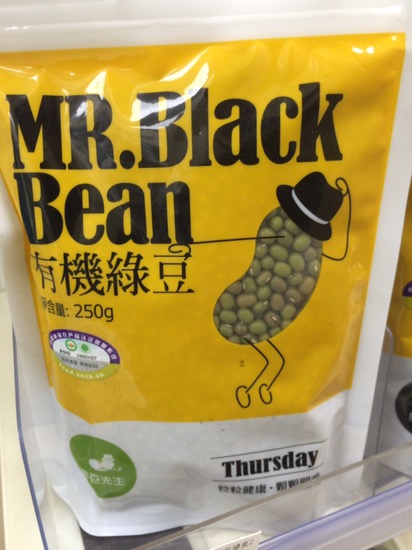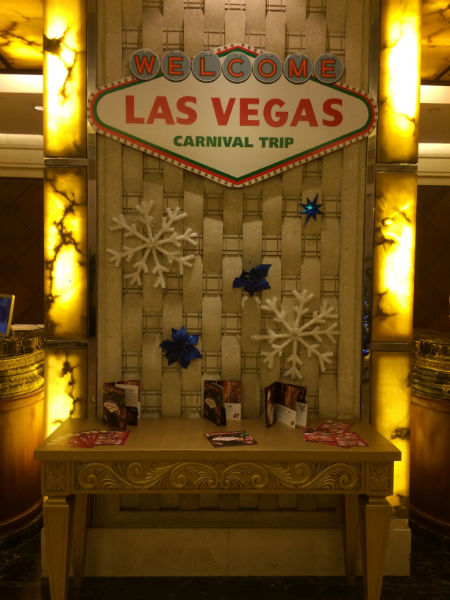Before I arrived at post, I had lunch with somebody who was serving in Shenyang, while he was on a temporary assignment in DC. He briefed me on the pollution situation in China, and on food safety issues in general. He made some negative comments about the safety of food in China. He said that the pollution was everywhere. It was in the soil, so the food that was grown locally is inherently dangerous. He gave me the impression that everything in China is suspect. To be honest, I was skeptical about his warnings.
Recently, the office that I work in started a repair project. As part of the project, the walls will be painted. One of the local staff members has a health situation in which she has to be very cautious about human development. She asked me more than once about the safety of the paint fumes: how strong they would be, how long they would linger, how good the ventilation would be in the room, and how safe it would be to breathe. I passed on her concerns to the consulate’s facilities manager, who let me look at the paint, smell it, and assess it for myself. He assured me that it was good quality, safe paint that the consulate imported from America.
As soon as I told the local staff member that the paint was from America, she immediately was assured. I could actually see her physically relax. She said that she was confident in the quality of paint from America, but had no confidence in products from China. If the label on the American paint said that it was safe, she said, then she trusted it.
Not for the first time, I wondered about the mindset of the local people regarding the environment in which they live. Every morning when I wake up, I check the air quality index, to see if I have to wear a mask when I leave the house. It’s a bother, and I worry a bit about the long-term effects of exposure to the pollution on my body. But I also recognize that I will live in this environment for a relatively short time. My local coworkers are facing the reality of being born in polluted air, living their lives in it, and dying in (possibly from) polluted air.
A few months ago, I went hiking in Taiwan, and met up with a group of local people. As we were getting ready to start the hike, I applied some insect repellent that I had brought with me from China. One of the local people saw me spraying it on, and asked me where I got it. When I told him that it was from China, he shrunk away from me to avoid getting downwind of me, even after I told him that it was herbal. He clearly did not trust any product from China.
There is a real problem with the quality of many aspects of daily life in China. Some friends and family back home have asked me why I don’t bring presents from China back to America when I visit. The truth is that I simply can’t be sure whether what I buy in China is really what the label says it is, whether it was made where the label says it was made, and whether it’s as safe as the manufacturer says it is.
After all, I’m living in a country where the government ties plastic maple leaves to pine trees in an attempt to fool people into thinking it’s autumn.

Who do they think they’re fooling?
In this light, I guess that I can understand why some local people just can’t trust local products.
At lunch that day in DC, when I asked my future coworker whether he ate the food that he said was poisonous, he shrugged and commented that one still has to eat. Just try not to eat the most polluted stuff, was his advice.
So to answer the question that the title of this post asks, my answer is: I don’t know, but if it’s American paint and it makes me sick, I’m more likely to know exactly what made me sick. If it’s Chinese paint, then your guess is as good as mine.
















